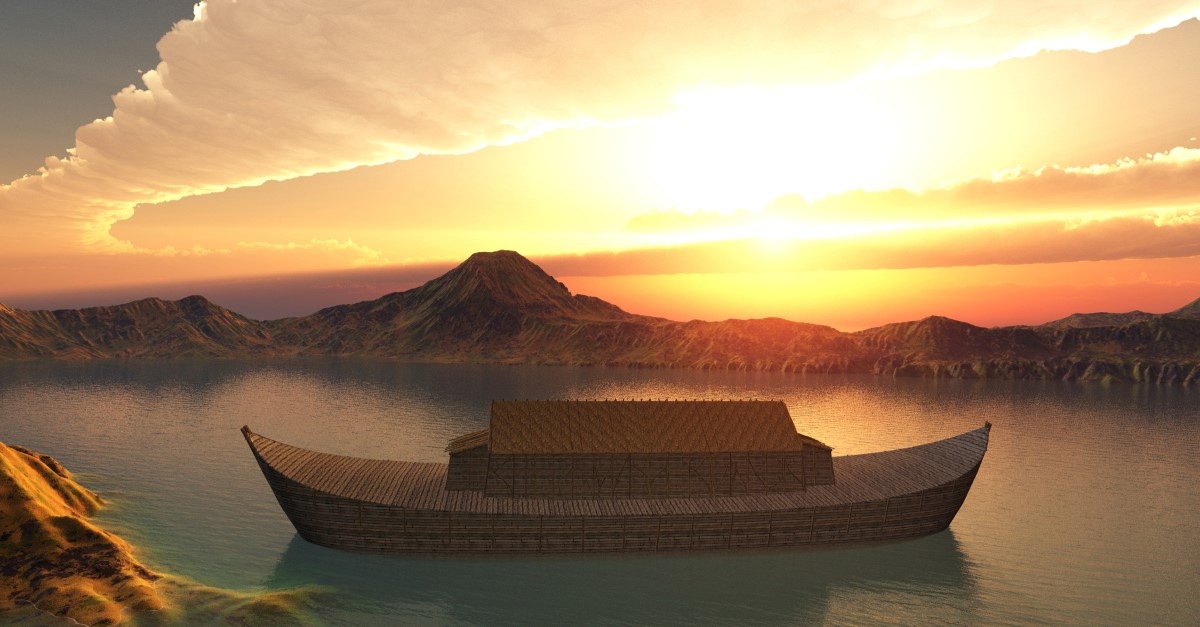
A theologian recently sparked debate on social media after claiming that the flood in the biblical story of Noah’s Ark was regional and not global.
In an interview with CBN News, Gavin Ortlund, president of Truth Unites, explained he first made the claim on his Youtube channel, where he contended that the Genesis 6 narrative is “about a regional event that was in a huge area of the Earth, but not all over the globe.”
“I just wanted to help people understand some of the arguments for that view — help people understand that there actually are differences within orthodox Christianity,” Ortlund said. “Historically, a lot of people are not aware of that.”
At the same time, however, he clarified that he doesn’t believe the regional flood was small in scope. Ortlund noted that the debate is based on one’s interpretation of Genesis, such as looking at the limited scope of humanity at the time.
“There really is a good case, actually, that, in its original meaning, the author and the original hearers wouldn’t be thinking of … all of the globe of planet Earth, so this is just a matter of interpreting Scripture,” he said. “Humanity, at this point, appears to also have just been regional. This is before the dispersion of human beings that happens after the tower of Babel and Genesis 10 and 11, so all of human beings are in this one portion of the Earth at this point before they had dispersed throughout the world.”
Despite facing backlash for this view, Ortlund refuted the claim that he is a theological liberal or pushing beliefs not tied to Scripture.
“I’m an evangelical Christian,” he said. “I believe in biblical inerrancy. I think the Scripture is fully trustworthy. I think if people were to go down the line on … the average sort of testing issues of our times, they’d find me pretty conservative, pretty classically Christian in my instincts.”
He also pointed out that the biblical writers did not know about American continents or the extent of the Earth as a whole, Faithwire reports.
“All of us are responding to the progress of science and knowledge about planet Earth and having to adjust our interpretation of Scripture accordingly,” Ortlund said. “Not because Scripture is not true, but because we’re trying to interpret, ‘What does the text mean in its original context,’ viewing the world from an ancient perspective and using language that reflected that perspective.”
The theologian added that one’s view of the flood does not change anything theologically in the biblical story.
“I don’t think anything of great theological consequence is at stake in the specific matter of the extent of the water,” he said.
Ken Ham’s Answers in Genesis ministry, among others, has rejected the notion of a regional flood.
“Whether the Flood of Noah was global or local in extent is a crucial question,” Answers in Genesis said in a statement. “This is because, ultimately, what is at stake is the authority of all of God’s Word.”
“Indeed, if the text of Scripture in Genesis 6-8 clearly teaches that the Flood was global and we reject that teaching, then we undermine the reliability and authority of other parts of Scripture, including John 3:16. God’s Word must be trustworthy and authoritative in all that it affirms,” the text added.
Photo Credit: © Getty Images/MR1805
Milton Quintanilla is a freelance writer and content creator. He is a contributing writer for Christian Headlines and the host of the For Your Soul Podcast, a podcast devoted to sound doctrine and biblical truth. He holds a Masters of Divinity from Alliance Theological Seminary.
